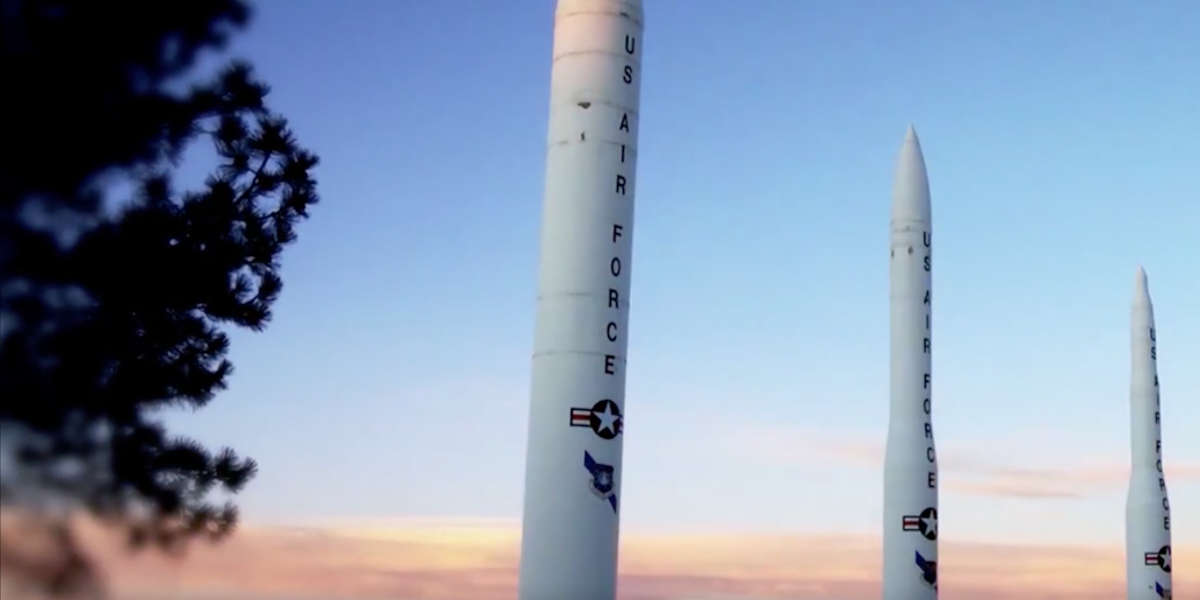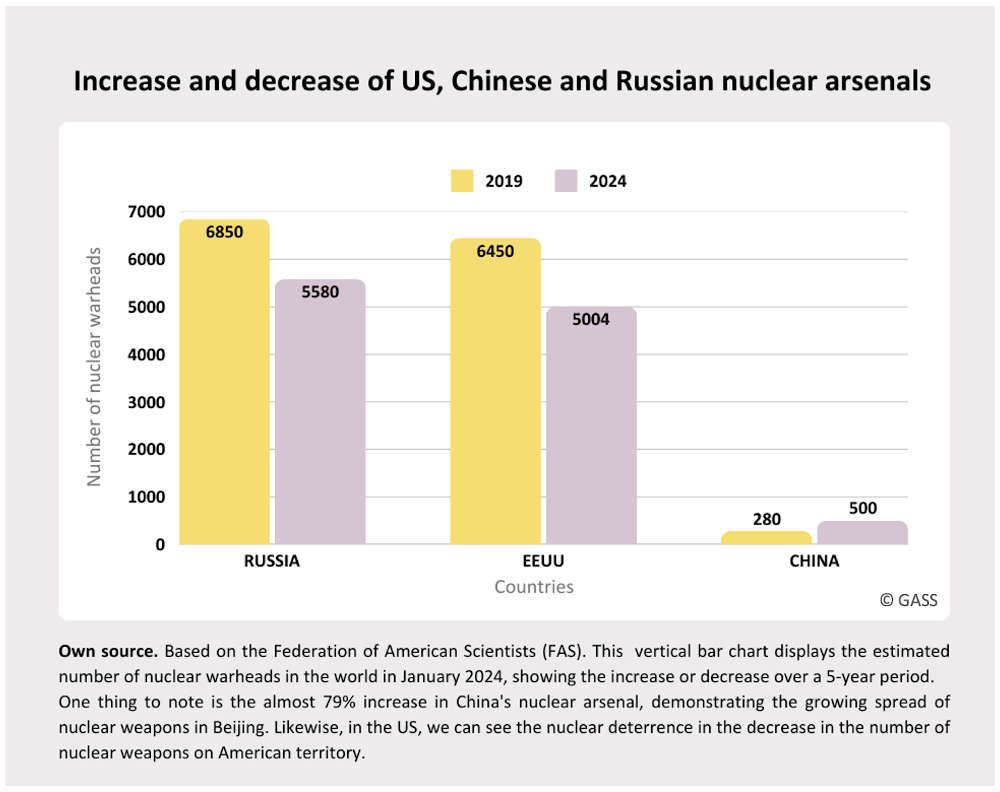In the image
US intercontinental ballistic missiles outside their silos [Pentagon]
Newly in the White House from January 20, Donald Trump will have to make some decisions on nuclear weapons policy in the next four years. What will his second term mean for nuclear disarmament in the US and the world? Military help to Ukraine and the expansion of China’s nuclear arsenal are two of the questions on the agenda.
During Donald Trump's first term, its nuclear policy prioritized the development of new nuclear weapons and increased the role of nuclear deterrence in US military strategy. Additionally, during his tenure, the US withdrew from key arms control treaties, such as the Intermediate-Range Nuclear Forces Treaty, the Open Skies Treaty and the Joint Comprehensive Plan of Action, the ground-breaking nuclear deal with Iran. Today, there remains only one significant arms control treaty linking the US and Russia, the 2010 New START Treaty, which Trump initially refused to extend but which was eventually renewed during the Biden administration.
Throughout the years from 2017 to 2021, Trump introduced sweeping changes that altered the global arms control landscape, and his return to the Oval Office could bring significant shifts in the US nuclear posture, potentially differing from the policies of the Biden administration. This article explores how a new Trump administration could alter US nuclear policy compared to current strategies implemented by Biden and the broader implications for global security.
Notably, it can be said that US nuclear policy is based on three essential components: deterrence, modernization and arms control arrangements, each designed to address evolving security challenges and maintain global stability. Firstly, US policy focuses on maintaining a robust and credible nuclear arsenal to deter nuclear and conventional aggression. Reliance on nuclear deterrence has intensified, especially as rival states such as Russia and China expand their nuclear capabilities. Secondly, modernization efforts are driven by the need to upgrade outdated nuclear systems and to ensure the effectiveness of the nuclear arsenal for technological and geopolitical challenges; the modernization program is expected to cost more than $1.5 trillion over the coming decades. Thirdly, at present, nuclear arms agreements face unprecedented challenges. The weakening of arms control frameworks, the withdrawal of several countries from important treaties and the growth of China’s nuclear arsenal could lead to a multipolar nuclear arms race that would further complicate global security.
The Trump legacy: Confrontation over collaboration
Trump’s approach to nuclear policy during his first administration was marked by confrontation and skepticism towards multilateral agreements, especially with nations like Russia. His withdrawal from the Intermediate-Range Nuclear Forces (INF) Treaty in 2018 not only dismantled a cornerstone of Cold-War era arms control but also set the stage for an intensified nuclear arms race with Russia. Similarly, his initial reluctance to extend the New START Treaty—a key bilateral agreement limiting strategic nuclear weapons—strained US-Russia relations. Although Trump presumes a strong personal relationship with his Russian counterpart, Vladimir Putin, there are challenges inherent in an arms control negotiation between long-standing rivals, steeped in a history of grievances and suspicions.
Furthermore, Trump also adopted an aggressive posture towards North Korea and Iran. On the one hand, his meeting with North Korean leader Kim Jong-un in 2018 generated headlines, but failed to impose significant restrictions in denuclearizing the Korean Peninsula. Instead, Pyongyang used the opportunity to strengthen its nuclear arsenal. On the other hand, Trump’s decision to withdraw from the Joint Comprehensive Plan Of Action (JCPOA), known as the Iran nuclear deal, allowed Tehran to move closer to developing nuclear weapons, raising tensions in the Middle East.
It is clear that Trump’s approach reflected a broader shift in US foreign policy under his administration: a preference for power dynamic and transactional relationships over multilevel collaboration and institutional agreements. As the world is waiting to see what will happen in his second term, the legacy of confrontation over collaboration offers us important insights. It highlights the rises of withdrawing international arms control agreements in favor of unilateral action and the enduring consequences of destabilizing global nuclear agreements. Does Trump returning to power would amplify these tendencies or shift toward a more pragmatic diplomacy?


